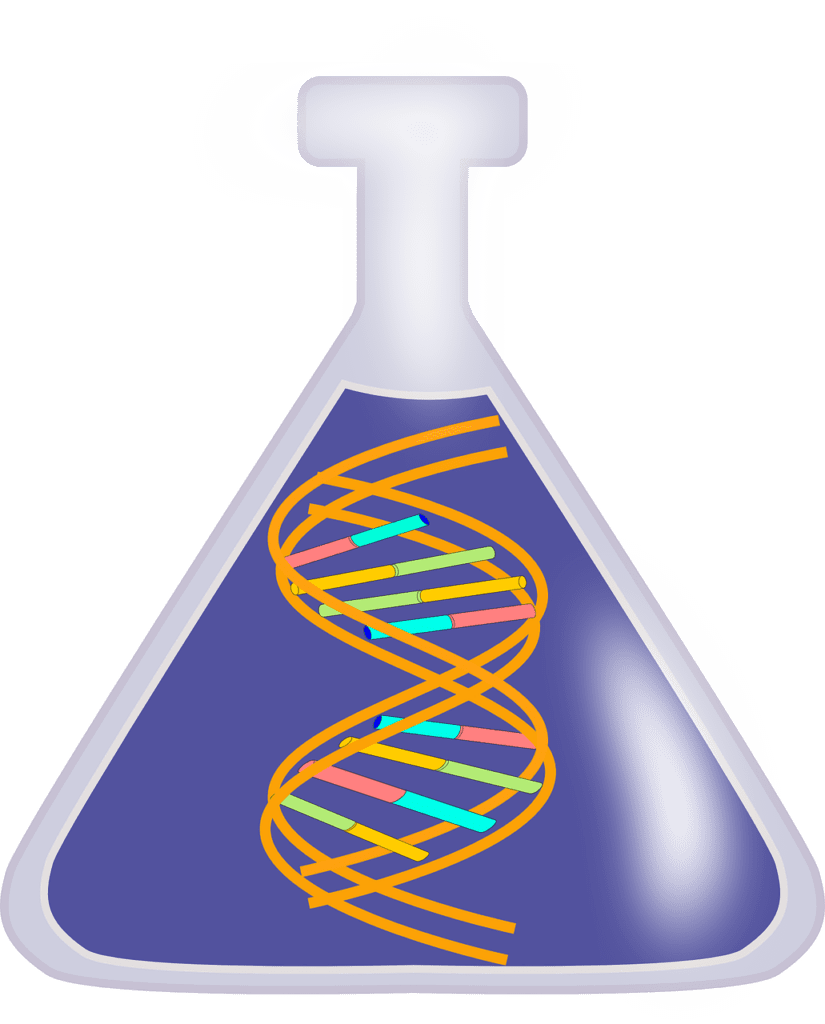Breakthrough in rare renal cell carcinomas: immunotherapy shows clear advantages
An international study led by the University Medical Center Frankfurt has demonstrated the effectiveness of immunotherapy in non-clear cell renal cell carcinoma (nccRCC) for the first time. The results of the SUNNIFORECAST study, published in the journal “Annals of Oncology”, show that the combination of the immune checkpoint inhibitors ipilimumab and nivolumab significantly extends the survival time of patients with these rare and difficult-to-treat tumors. The study opens up new perspectives for the therapy of this complex tumor group.
Non-clear cell renal cell carcinomas, which account for about 20 to 25 percent of all renal cell carcinomas, pose a challenge due to their histological and molecular diversity. In contrast to clear cell tumors, for which established treatments exist, reliable data for nccRCC have been lacking so far. The SUNNIFORECAST study closes this gap. She investigated the combination of ipilimumab and nivolumab in previously untreated patients compared to standard therapy with tyrosine kinase inhibitors.

The results are encouraging: after twelve months, the survival rate was 78 percent with immunotherapy, compared with 68 percent with standard therapy. The median survival time improved from 25.2 to 33.2 months. The advantage was particularly clear in tumors with PD-L1 expression, which indicates a targeted activation of the immune system by the therapy. While tyrosine kinase inhibitors block cellular signaling pathways, the antibodies ipilimumab and nivolumab strengthen the body’s defenses by activating immune cells.
The study, which is considered the first randomized trial of its kind, was conducted in collaboration with centers from seven countries and sponsored by Goethe University Frankfurt. The coordination was carried out by the University Medical Center Frankfurt, where the research work was led by an experienced team of haematologists and oncology. The results could change clinical practice permanently, especially for PD-L1-positive tumors, and point to a possible paradigm shift in first-line therapy.
The researchers are already planning further studies to test the efficacy of immunotherapy in combination with tyrosine kinase inhibitors and to further refine the molecular subtyping of nccRCC. The aim is to tailor therapies even more closely to individual patient profiles. The findings strengthen the hope for more effective treatment options for patients with these rare tumors.
Original Paper:
Bergmann, L., Albiges, L., Ahrens, M., Gross-Goupil, M., Boleti, E., Gravis, G., Flûˋchon, Grimm, M.-O., Bedke, J., Barthûˋlûˋmy, P., Castellano, D., Mellado, B., Ivanyi, P., Rottey, S., FlûÑrcken, A., Suarez, C., Maroto, P., Grû¥nwald, V., Oosting, S. F., Kopecky, J., ZschûÊbitz, S., Boegemann, M., Buchler, T., Niegisch, G., Goebell, P. J., Waddell, T., Joly, F., Priou, F., Retz, M., Siemer, S., Zimmermann, U., Deckbar, D., Burkholder, I., Hartmann, A., Haanen, J. B. Prospective randomized phase-II trial of ipilimumab/nivolumab versus standard of care in non-clear cell renal cell cancer ã results of the SUNNIFORECAST trial; Ann Oncol. 2025, Jul; 36(7):796 806.
doi:10.1016/j.annonc.2025.03.016
Editor: X-Press Journalistenbû¥ro GbR
Gender Notice. The personal designations used in this text always refer equally to female, male and diverse persons. Double/triple naming and gendered designations are used for better readability. ected.




